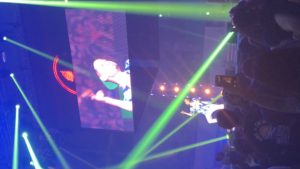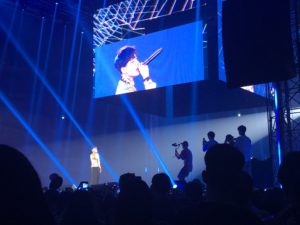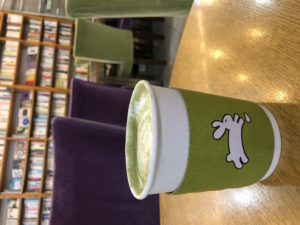7/17/2018
This past weekend my friends and I decided to hang out to celebrate finishing our midterms. We all met up at Hansoo Oppa’s (a friendly term a girl uses to call a guy older than her; the word that a boy would use is hyung) airbnb. We decided to have 치맥 (chimek), which is fried chicken and beer (the drinking age in Korea is 20 in Korean years or 18 in international years).
A couple of things that I want to explain about Korean culture before moving on:
1. Korean hiearchy/relationships: Korean culture is based on Confucian beliefs and thus, the respectful relationships between people of different ages is very important. Therefore, there are different terms to call people even if they are a year older than you. For example, you would call an upperclassman (no matter how many years above you) 선배 or 선배님 (sunbae or sunbaenim). This term is gender neutral meaning that both males and females call both male and female upperclassmen by these terms with the latter being more formal. However, once you get close enough with your sunbae, they will tell you to call them by one of these four terms: 형 (hyung), 오빠 (oppa), 누나 (noona), or 언니 (unni). Hyung and oppa both mean older brother whereas noona and unni both mean older sister (note: brother/sister is a loose translation and is used to call anyone older even if they are not a blood relative). Now the difference between hyung and oppa and noona and unni depends on the person using the term (aka you). If you are a male, you would use the terms hyung and noona, and if you are a female, you would use the terms oppa and unni.
2. Korean age: Everywhere around the world when a baby is born, they are considered zero years old, and on their next birthday they are considered one years old, so on and so forth. However, in Korea, this is not the case. When a baby is born, they are considered one years old. Then when New Years passes, the baby is considered two years old, and on their birthday, they turn three years old. Thus, after New Years but before your birthday, your Korean age is your international age plus two, and after your birthday, your Korean age is your international age plus one.
3. Korean Fried Chicken: If you have never had Korean fried chicken, it is really hard to explain. Basically it is completely different from American fried chicken. Therefore, if you ever have a chance, you should definitely try it. Ten out of ten would recommend. You will thank me later.
After we enjoyed our chimek, we decided to head over to 이태원 (Itaewon) for some night life. Itaewon is known as the international hub of Korea. I had never been before, so it was very interesting and different from other places in the country. I was shocked by how many foreigners there were! While walking around, I had to remind myself that I was in Korea and not the States . To me, it seemed like there were more foreigners than native Koreans!
































